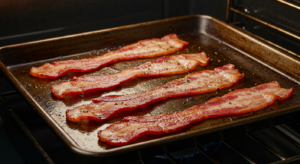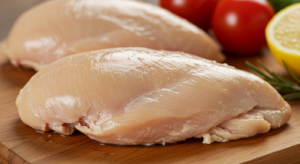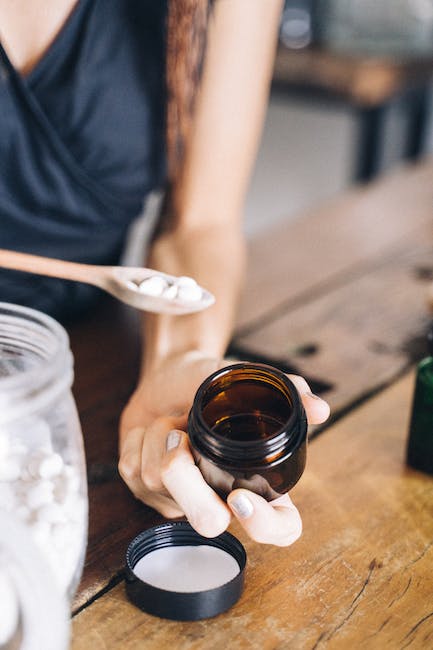
Amounts of Caffeine in Different Teas
Does oolong tea have caffeine? The answer is simple – yes. Oolong tea, like all teas including green, black, and white, originates from the Camellia sinensis plant, which naturally contains caffeine. The exact caffeine content varies depending on several factors including the particular type and variety of the tea leaf, the method of preparation, and the length of steeping time. A cup of oolong tea, for instance, typically contains about 30-50 mg of caffeine, depending on the steeping time and temperature, which is roughly half the caffeine in a cup of coffee.
While green tea and black tea are usually recognized for their caffeine content, oolong tea is often overlooked. Nevertheless, the caffeine dosage in oolong tea makes it a popular choice for those seeking a moderate caffeine intake. When compared to green tea and black tea, oolong tea generally contains more caffeine than green tea but less than black tea.
Caffeine and Blood Pressure
It’s important to consider the effects of caffeine on blood pressure. Caffeine is known to briefly increase blood pressure, which might be concerning if you have high blood pressure. The short-term impact of caffeine on blood pressure seems to be somewhat less when consuming oolong tea compared to other drinks like coffee.
While tea consumption does not appear to have any long-term impact on blood pressure, it’s always wise to check with your doctor if you’re concerned about the effects of caffeine on your health. Limiting your caffeine intake can also be a healthy choice, especially if you’re sensitive to its effects.

Oolong Tea and Fat Oxidation
Oolong tea’s caffeine levels are beneficial for increasing fat oxidation. Several studies suggest that the catechins and caffeine in teas from the Camellia sinensis plant, including oolong tea, can speed up metabolism and increase fat burning, promoting weight loss. The blend of caffeine and antioxidants in oolong tea can kick start processes in our body that burn fat for energy.
Caffeine complements another compound found in oolong tea to double the efforts in weight loss. Several research papers show that the caffeine and polyphenols in oolong tea help inhibit the absorption of fats and carbohydrates in the body, contributing to weight loss.

Caffeine and Weight Loss
There’s also evidence linking oolong tea drinking and weight loss. Research shows that the combination of caffeine and catechins that’s found in tea can help people lose weight and maintain their weight loss. A study found that participants who consumed oolong tea for six weeks experienced a decrease in body weight.
However, it’s important to note that effectively losing weight involves more than just drinking oolong tea. Regular physical activity and a balanced diet should also be part of your weight loss strategy. Thus, while drinking oolong tea can support weight loss, it’s not a stand-alone solution.
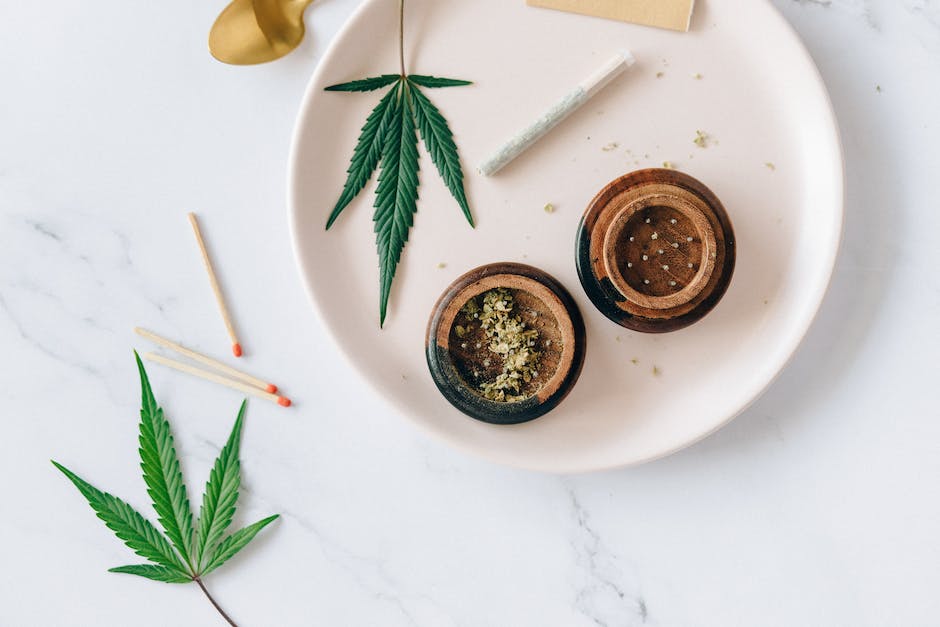
Types of Tea and Caffeine
While different types of tea come from the Camellia sinensis plant and contain caffeine, the process that the oolong tea leaves undergo impacts the caffeine content in your cup. Oolong tea leaves are partially fermented, which places them mid-way between green tea and black tea in terms of oxidation level and caffeine content.
The amount of caffeine in your cup can also be influenced by how the tea is prepared. For instance, the temperature of the water and the steeping time can both affect the extraction of caffeine. The hotter the water and the longer the steeping time, the more caffeine will be released.
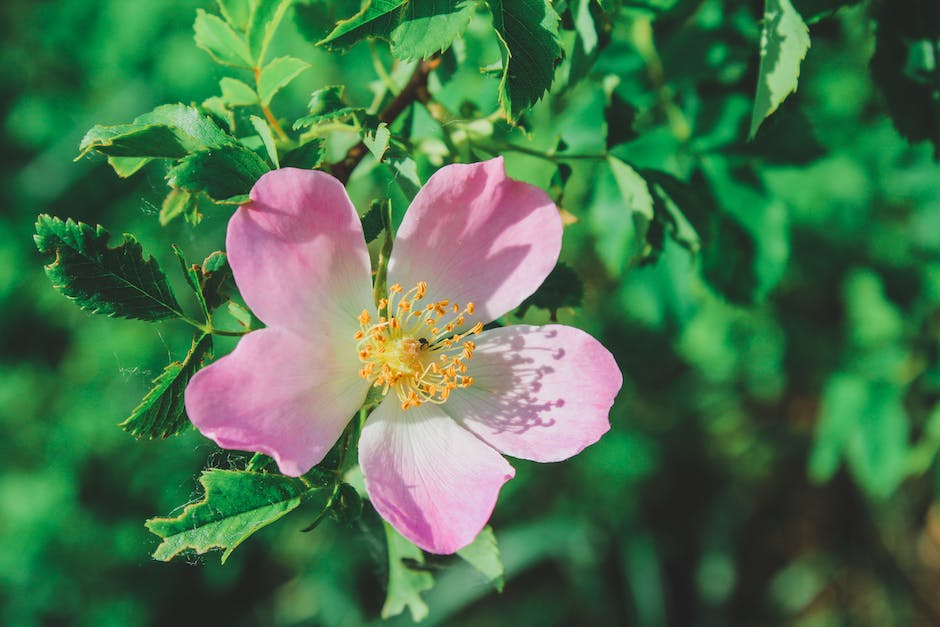
Oolong Tea and Heart Disease
Some studies suggest that drinking oolong tea might lower the levels of bad LDL cholesterol, improve heart health, and hence reduce the risk of heart disease. The caffeine in oolong tea helps in maintaining heart health by improving blood circulation, avoiding the blockage that leads to heart failure.
Again, complete reliance on tea for heart health is not advisable. Other lifestyle factors such as balanced diet, regular exercise, and quitting smoking are more important in decreasing the risk of heart disease.

Drinking Oolong Tea and Diabetes
Several studies have suggested that those who drink oolong tea regularly have a lower risk of developing type 2 diabetes. The moderate amounts of caffeine in oolong tea help in improving insulin sensitivity and thus reducing the risk of type 2 diabetes.
However, what matters most is how the tea is consumed. If the tea is sweetened, the benefits might be overshadowed by the high sugar content. Hence, it is recommended to drink oolong tea unsweetened for optimal benefits.

The Tea Drinkers Guide to Caffeine
The advice for tea drinkers on how many cups of oolong tea to drink varies based on individual situations. The recommended daily limit for healthy adults is approximately 400mg of caffeine. Given that a cup of oolong tea contains on average 38mg of caffeine, drinking 10 cups of oolong tea would be within safe limits.
However, some people are more sensitive to caffeine and may need to limit their intake even further. Notably, pregnant women and individuals with certain health conditions should consult with their doctors on the safe amount of caffeine intake.
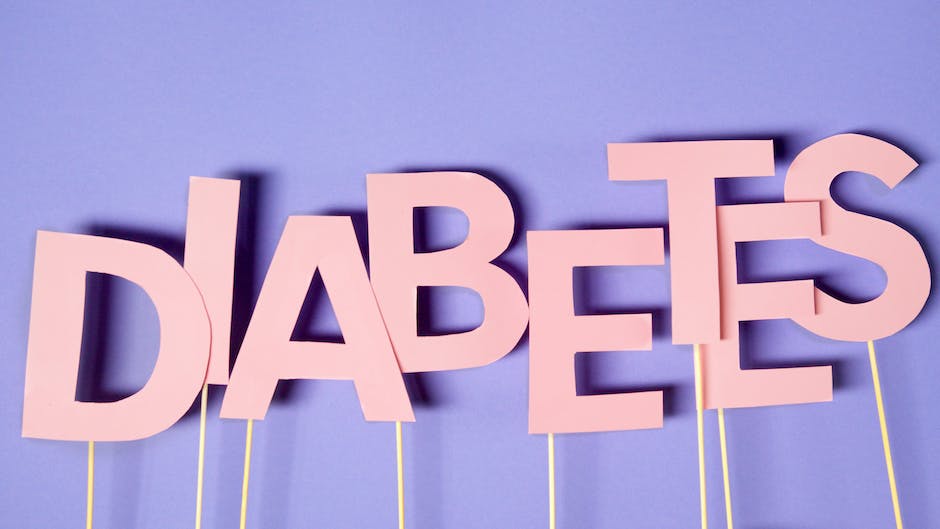
Effects of Oolong Tea and Steeping Time
Finally, it’s essential to note that the effects of oolong tea, particularly its caffeine content, can vary depending on how long the tea is steeped. A longer steeping time generally increases the amount of caffeine in your cup of tea. A typical 8-ounce serving of oolong tea steeped for 3-5 minutes could contain 10-70 mg of caffeine, depending on the specific tea and how it’s brewed.
By understanding these aspects, you can tailor your oolong tea consumption to match your desired caffeine intake and make the most of your oolong tea experience.
1. Does oolong tea have caffeine?
Yes, oolong tea does contain caffeine due to its origin from the Camellia sinensis plant.
2. What are the effects of oolong tea on blood pressure?
The caffeine in oolong tea can briefly increase blood pressure, but there is no long-term impact.
3. How does the caffeine in oolong tea aid fat oxidation?
Caffeine in oolong tea can speed up metabolism and increase fat burning, thereby promoting weight loss.
4. How many cups of oolong tea should I drink in a day?
Healthy adults can safely consume up to 400 mg of caffeine daily, which equals approx 10 cups of oolong tea. However, individual tolerance to caffeine varies.
5. Can oolong tea help with weight loss?
Yes. Oolong tea promotes fat metabolism and helps in weight loss. But, it should be combined with regular exercise and a balanced diet.
6. What is the difference between oolong tea leaves, green tea, and black tea in terms of caffeine content?
Oolong tea leaves are partially fermented, placing them between green and black tea in terms of oxidation level and caffeine content.
7. Can oolong tea reduce the risk of heart disease?
Yes, it helps maintain heart health by improving blood circulation.
8. Does Oolong tea help reduce the risk of type 2 diabetes?
Yes, regular consumption of oolong tea may reduce the risk of developing type 2 diabetes because the caffeine in it assists in improving insulin sensitivity.
9. Does steeping time affect the caffeine in oolong tea?
Yes, the longer the steeping time, the more caffeine will be released.
10. What are the other teas including caffeine?
All teas from the Camellia sinensis plant, including green, white, black, and oolong, naturally contain caffeine.



